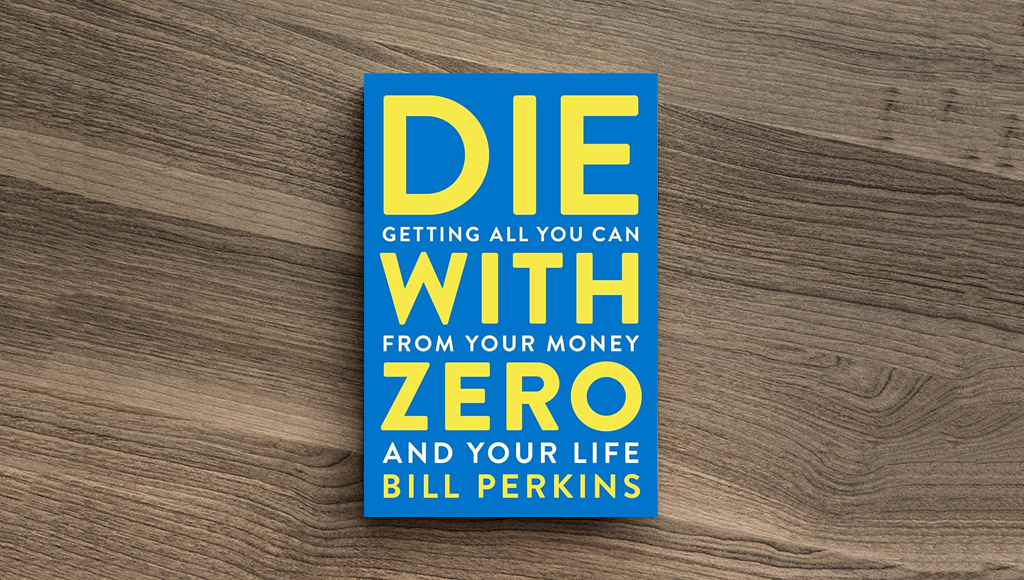
Die With Zero, Bill Perkins
A different kind of perspective on saving and spending. The overall guiding principles are logical but I didn’t necessarily agree with everything. The writing style and execution were pretty bad, often slightly boisterous and condescending. His view of what happiness is seems very inclusive to his world. The idea that someone could be happy without traveling to exotic locations and living lavishly seems foreign throughout the book. It’s an interesting derivative of Your Money of Your Life but it really fell flat for me.
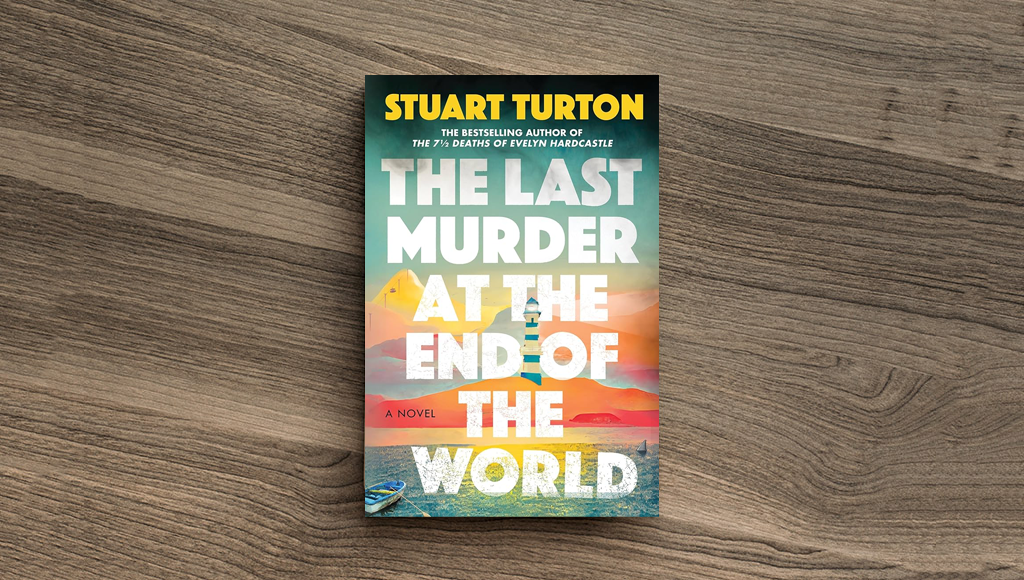
The Last Murder at the End of the World, Stuart Turton
For fans of innovative mysteries and science fiction, this is a gripping whodunit set against the backdrop of a post-apocalyptic world. I had high expectations after The Seven Deaths of Evelyn Hardcastle – perhaps too high. I enjoyed the story, but it didn’t totally grab me. It was surprising and inventive, yet I found it challenging to fully engage with the fate of the characters. The ending is frantic and exciting, and it kept me urgently turning each page to see how things would finally play out. I think this might be more enjoyable with a second read.
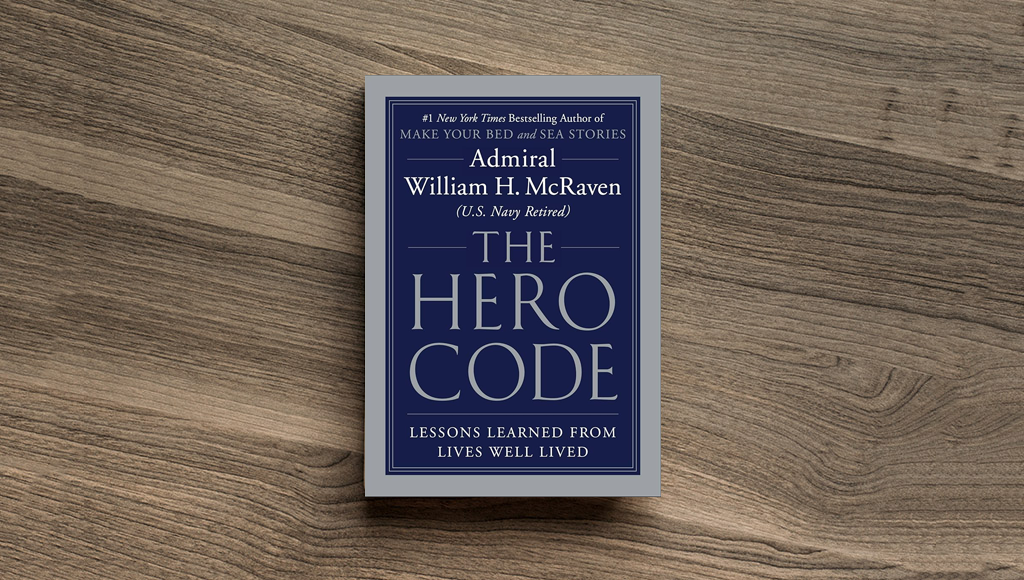
The Hero Code, Admiral William H. McRaven
I could read one of these every month. Admiral McRaven provides another fast, fun, and interesting read that will motivate and inspire you. We can all be a hero and we can inspire, give hope, and make tomorrow a better day. Another must-read.
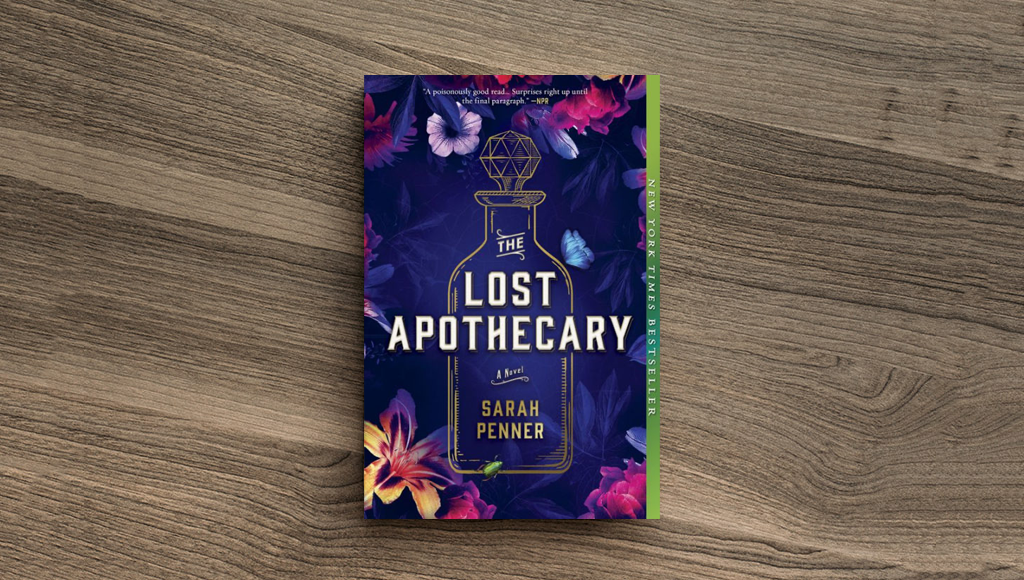
The Lost Apothecary, Sarah Penner
A lightweight read with a sprinkle of historical reference that is sure to grab your attention. Two connected stories develop on multiple timelines with just a handful of easily relatable characters. There are dark aspects but it is mostly a story of hope and inspiration. A great beach read.
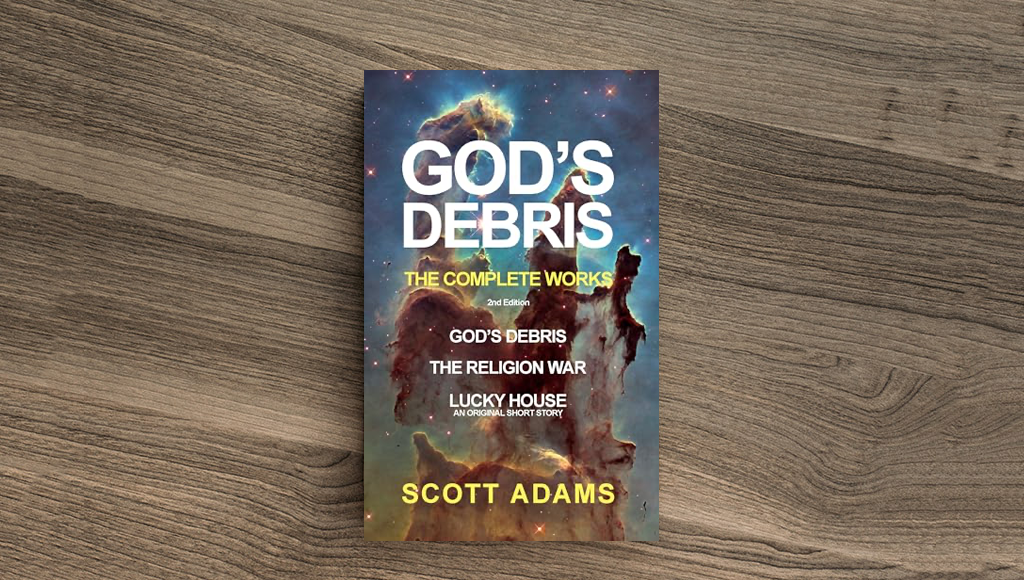
God’s Debris: The Complete Works, Scott Adams
I had previously read God’s Debris and it remains one of my favorite thought experiments. The Religion War is less abstract and wasn’t quite as appealing to me; still entertaining and thought-provoking though.
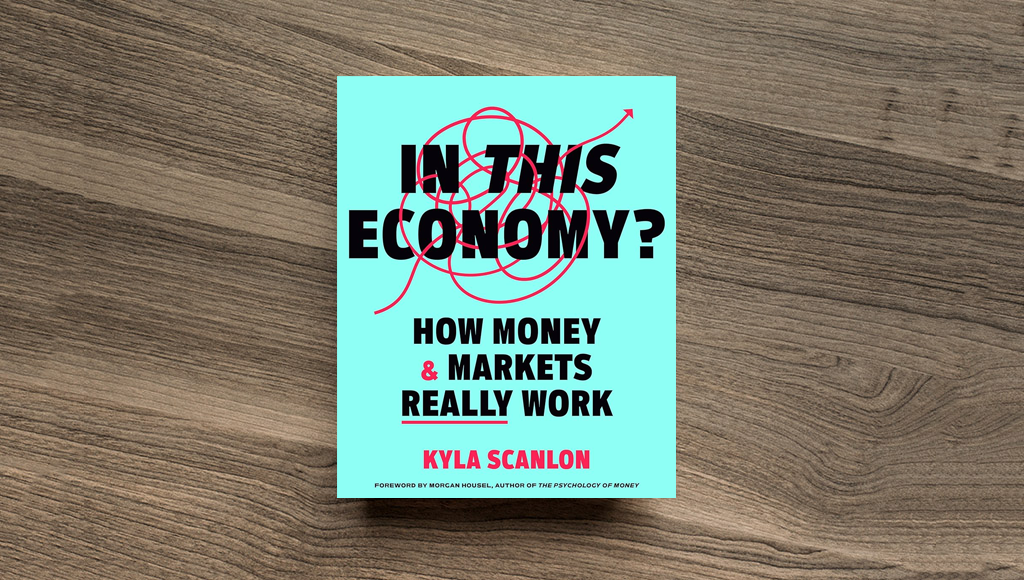
In This Economy? Kyla Scanlon
This book is very topical. I fear that the majority of it will be outdated within a few years. There were also a lot of personal opinions, which tended to skew the theory. All in all, I enjoyed it but it wasn’t really what I was hoping for. I wanted a “fun textbook” that would present economic theory in a conversational tone. I got broad strokes with little depth of understanding.
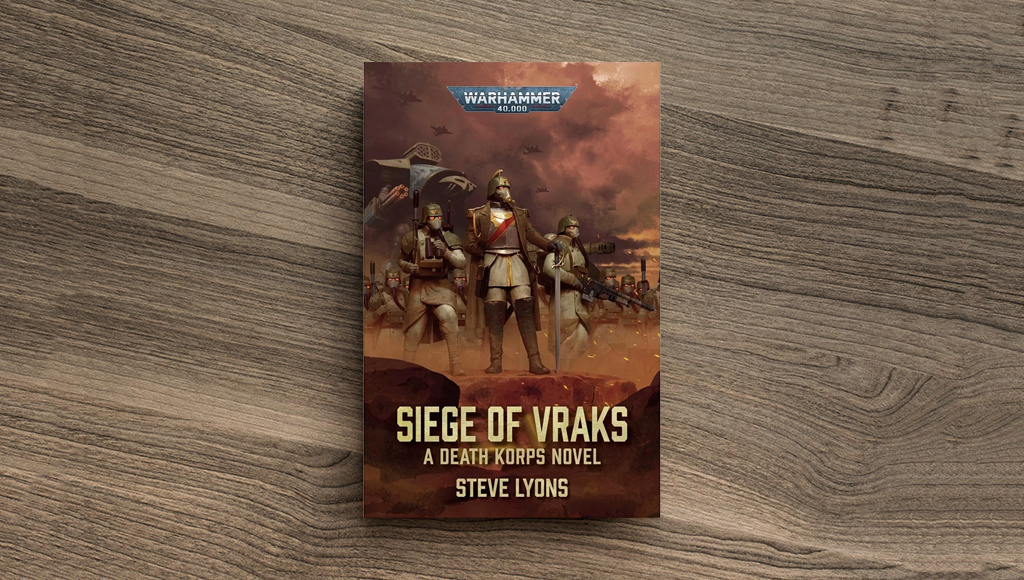
Siege of Vraks, Steve Lyons
I had some trouble getting into the story and staying focused. Much of it read like military history with many different characters, all of whom seemed important. The pacing felt a bit slow because of this. However, the scale of the warfare, the meticulously detailed descriptions of trench warfare, the massive siege engines, and the relentless grind of the forces are impressive. Though a little overwhelming, the military logistics and the intricate details of the siege add to the realism and depth of the story. Everything comes together as the story progresses and you find yourself attached to the characters, alone and hopeless on the front lines with them. A dark ending, fitting for the Death Korps of Krieg, is executed perfectly.
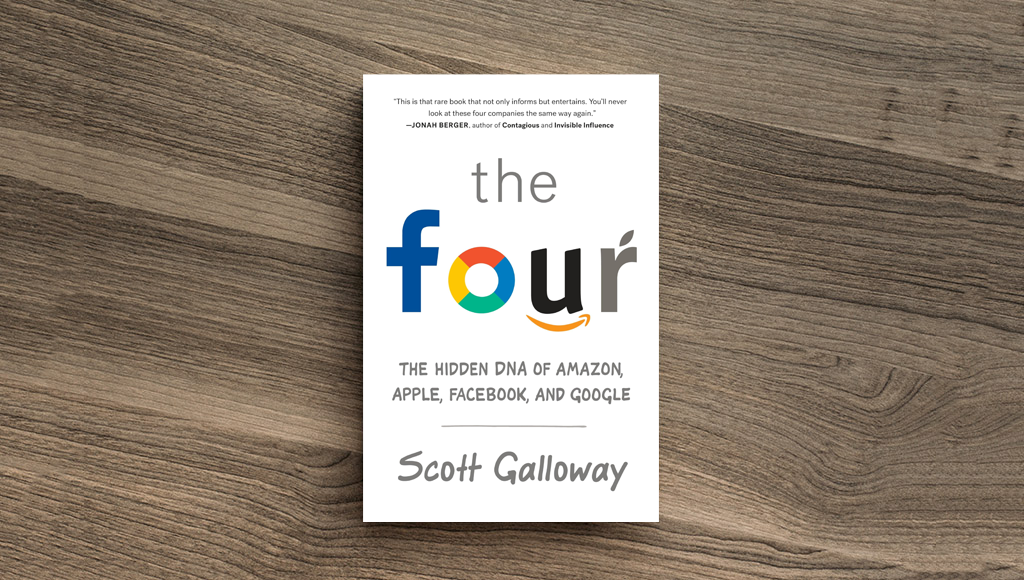
The Four, Scott Galloway
Galloway gives a broad overview of the “big four” tech companies (Facebook, Apple, Amazon, and Google) and how they exploit our primal instincts. It’s a pretty interesting take. Reading this even a couple of years earlier probably would have made a difference (published in 2017) but most of it is still pretty relevant today and, if nothing else, more amplified. It’s written in a very conversational tone, feeling like it could have been one of his lectures. However, it did feel very angry at times with quite a bit of unnecessary ranting and self-promotion. The last third of the book switches to discussing advice for young people or people looking to navigate a world dominated by the big four, which I did not expect. It felt like a really long Afterwards. It was pretty easy and enjoyable to read though.
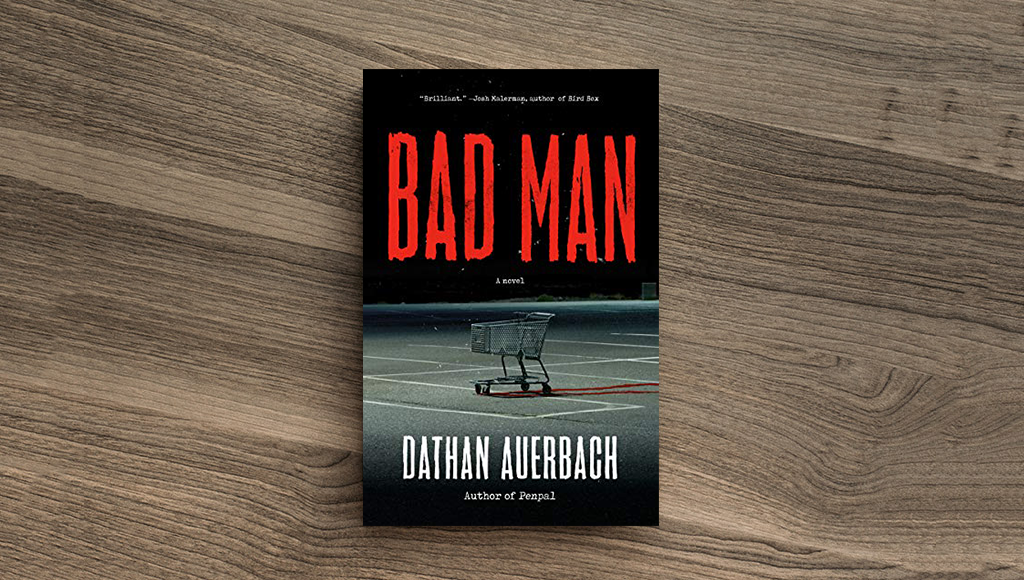
Bad Man, Dathan Auerbach
This book was great. Not as creepy as Penpal but a much more cohesive story with great characters. Plagued by grief, poverty, and suspicion, Auerbach creates the perfect setting for a creepy tale that weaves real-life horror with a murder mystery. The progressive creepiness and red herrings were a delight and the highs and lows of the progression were spaced nicely. The fogginess and confusion felt so real like I lived this story inside the main character’s head. I couldn’t put this one down.
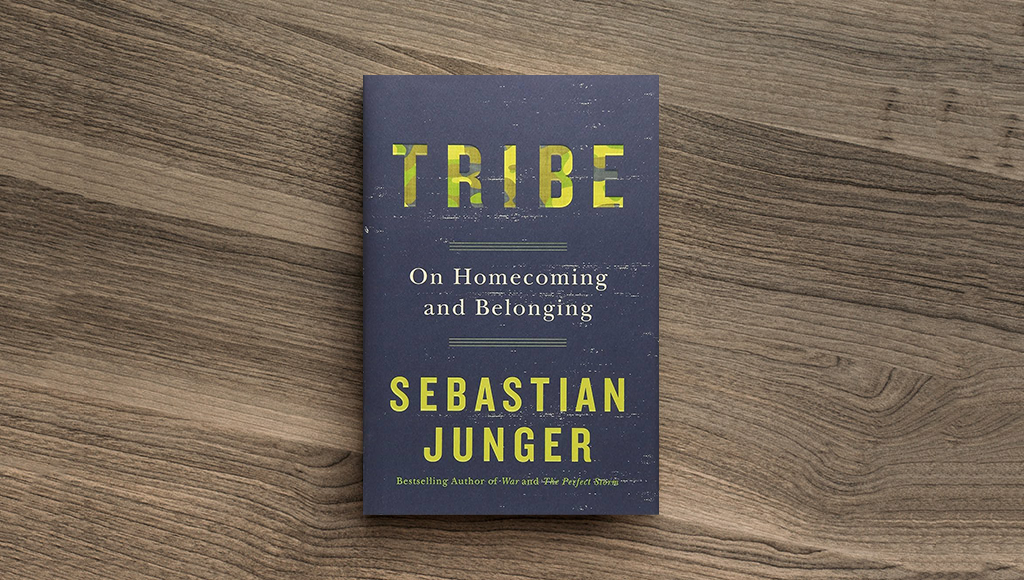
Tribe, Sebastian Junger
A fast, interesting read about community and belonging, and how modern society has moved us away from our roots in potentially significant ways. With views on group behavior and PTSD, Junger, a war correspondent and world traveler, seeks to promote tribal life over individualism. He connects the lack of community to mental health crises and polarization in our world. It is heavily focused on the military and PTSD. A deeper dive into general relations to common threads of society would be very interesting.